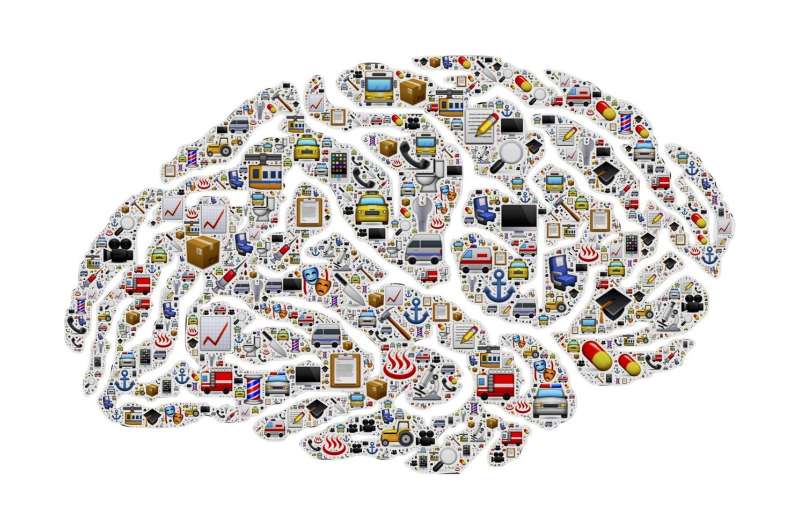Brain activity during observational learning similar to memory recall

As others go through different experiences, we can sometimes learn from watching their example. Researchers have long explained that we experience social understanding, meaning that in order to learn by watching, we need to first know what the other person is doing or experiencing by recognizing our own emotions and needs from those of others. But what is going on in the brain during this process? Researchers at Baylor College of Medicine believe it is related to memory recall and have identified, in rats, activity patterns supporting this idea.
The findings are published online in the current edition of Neuron.
"We recorded the brain activity of a rat familiar with a certain maze or trajectory, as it watched another rat run the same maze, receiving rewards at different points. We found that the brain activity during this process is similar to memory recall," said Dr. Daoyun Ji, professor of neuroscience at Baylor and lead author of the study. "The actual replay during or right after the observation is different from the brain activity of self-learning. It is a different type of activity pattern and activation."
Ji and his colleagues used two subjects, an observer rat and a demonstrator rat, both trained in the maze.
"This allows us to see the brain activity of the observer as it watches the demonstrator making free choices" said Dr. Xiang Mou, assistant professor of neuroscience at Baylor. "The advantage to this is that we can monitor both the brain activity and the behavior to see the process as it happens in relation to the activity."
Every time the demonstrator rat made a correct move and was rewarded, the observer rat had to acknowledge that action then it was rewarded too. It was then placed in the maze and had to copy the trajectory of the demonstrator to be rewarded again.
"The observer watches, it can't guess which way the demonstrator is planning to go to be rewarded. The behavior of the observer while watching the other rat run the maze, and behavior when placed in the maze again, depends on what it sees," said Mou.
Researchers measured the electrical impulses in the hippocampus while the observer ran the maze, using that brain activity to make a "codebook" to understand what activity was similar to that while it watched the demonstrator run the maze.
"As we predicted, when the observer sees the demonstrator running left, we can see that the activity patterns associated with self-running of the left direction are reactivated. If it is activated multiple times, this shows us that the observer knows that the demonstrator went to the left and also keep that info in mind so that later if put back in the maze, the observer knows he needs to go left," Ji said.
Both Ji and Mou explain that this might be the same framework for how our brain works as well. We all see things from different perspectives, but we are capable of understanding another person's experiences, physical and emotional, in relation to our own. For some, the cognitive capability needed to do this does not function properly. For example, those with autism might have trouble understanding social cues.
"While we can show in a rat model what activity is used in this process, exactly how the circuitry of our own brain works in more complex examples of social understanding is still a mystery. Our work is moving toward one day being able to correct these types of circuits," Ji said.
More information: Xiang Mou et al, Observational learning promotes hippocampal remote awake replay toward future reward locations, Neuron (2021). DOI: 10.1016/j.neuron.2021.12.005



















